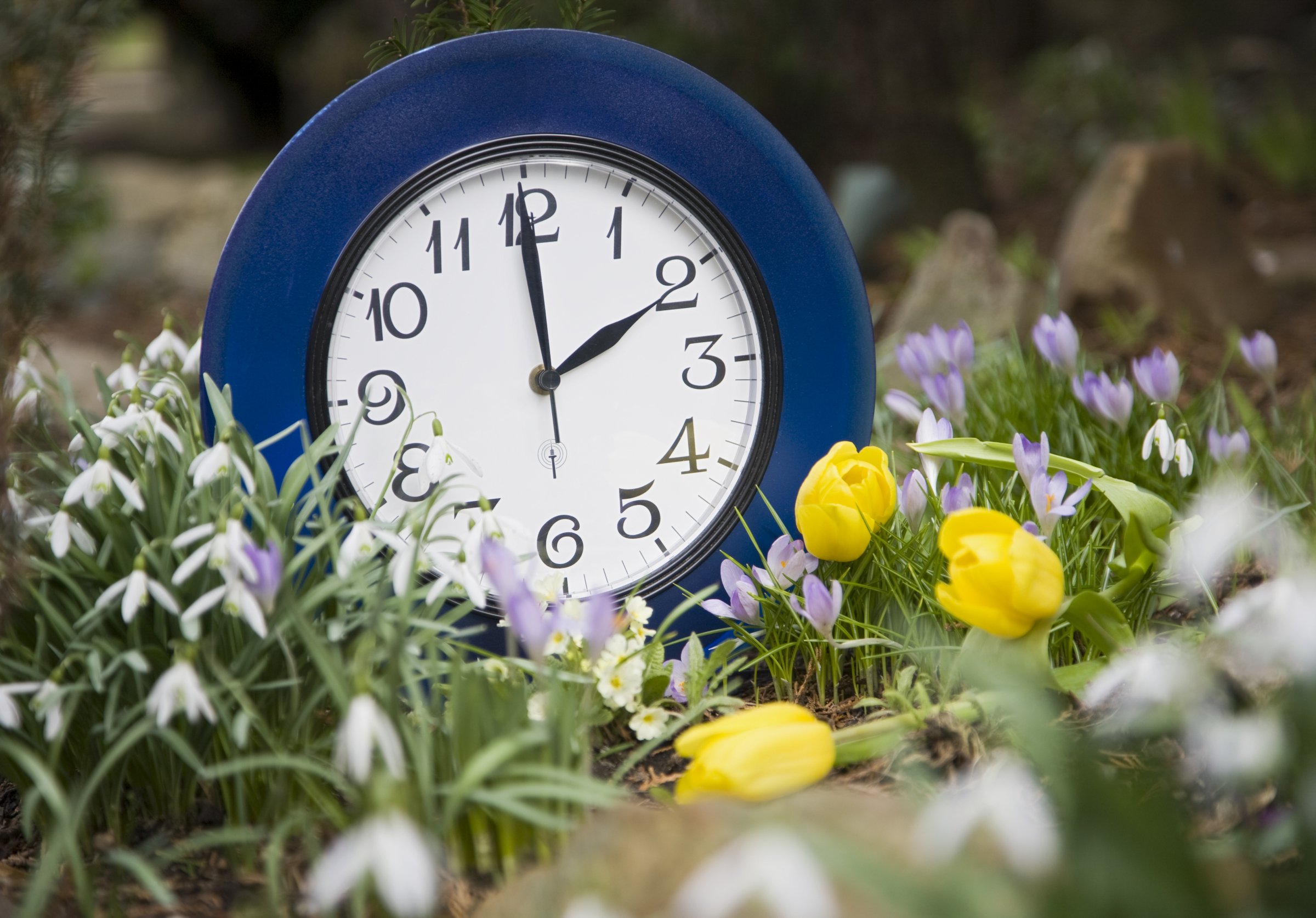
Starting Sunday morning, you’ll be up an hour earlier, thanks to Daylight Saving Time. For those of you who don’t remember, that’s the brilliant plan hatched by officials in World War I to save coal used for heat and light by having people start their days closer to sunrise and go to bed earlier.
In the 1970s, daylight saving was extended into the winter, saving, according to government studies, about 1% in the country’s electricity use. But those savings, say some, depend on where you live in the U.S. That extra hour in the summer means more people in warmer regions – such as the south – head indoors. And turn on the air conditioning, adding, rather than subtracting, from our energy consumption.
The health effects are hotly debated too. Some studies show a slight increase in heart attacks in the days after daylight saving, since the change may cause a rise in stress hormones and keep people up longer, robbing them of the time they need to recharge and recover during sleep.
MORE: Daylight Saving—unused solar power?
Car accidents also go up during the summer months, but whether that’s entirely due to daylight savings and people being groggier behind the wheel isn’t clear. The extra hour of daylight does mean, however, that more people might be on the road, and the denser the traffic, the higher the chances of an accident.
While losing an hour of sleep certainly could lead to more sleepiness and tiredness during the day – especially in the week after the change – for the most part, experts say it’s similar to jet lag and the body’s circadian clock is designed to adjust to such changes. In a few days, the new schedule becomes the new normal. “One hour variation is not a big deal,” says Dr. Safwan Badr, president of the American Academy of Sleep Medicine and chief of pulmonary, critical care, and sleep medicine at Wayne State University. “It’s not a major factor if you have healthy sleep habits; you have enough physiological reserve to make the adjustment.”
The problem is that most Americans don’t have healthy sleep habits – we don’t get enough, and even when we do doze off, it’s in short segments that aren’t always restful. That’s why up to 40% of adults report some symptoms of insomnia – not being able to fall asleep easily, or daytime drowsiness – in the past year. For them, daylight saving can make poor sleep even worse. Teens may also feel the effects of springing forward more acutely since their biology – and their smartphones — are pushing them to go to bed later and sleep in longer.
MORE: 5 Ways to Survive Daylight Saving Time
So how can you ease the transition this Sunday? Starting today, try going to bed about 15 minutes to 20 minutes earlier each night so that by the time Sunday morning comes, your body is used to getting a little more shut-eye. You might even try eating dinner an hour earlier on Saturday evening to get ready.
Spending time outdoors and in the sunlight on Sunday morning may also help your internal clock reset to the extra hour of daylight. And go to bed at your usual time on Sunday evening, so your body will be ready to wake up on Monday after your usual hours of sleep. We may not like it, but at least for now, daylight saving is here to stay.
More Must-Reads From TIME
- The 100 Most Influential People of 2024
- Coco Gauff Is Playing for Herself Now
- Scenes From Pro-Palestinian Encampments Across U.S. Universities
- 6 Compliments That Land Every Time
- If You're Dating Right Now , You're Brave: Column
- The AI That Could Heal a Divided Internet
- Fallout Is a Brilliant Model for the Future of Video Game Adaptations
- Want Weekly Recs on What to Watch, Read, and More? Sign Up for Worth Your Time
Contact us at letters@time.com